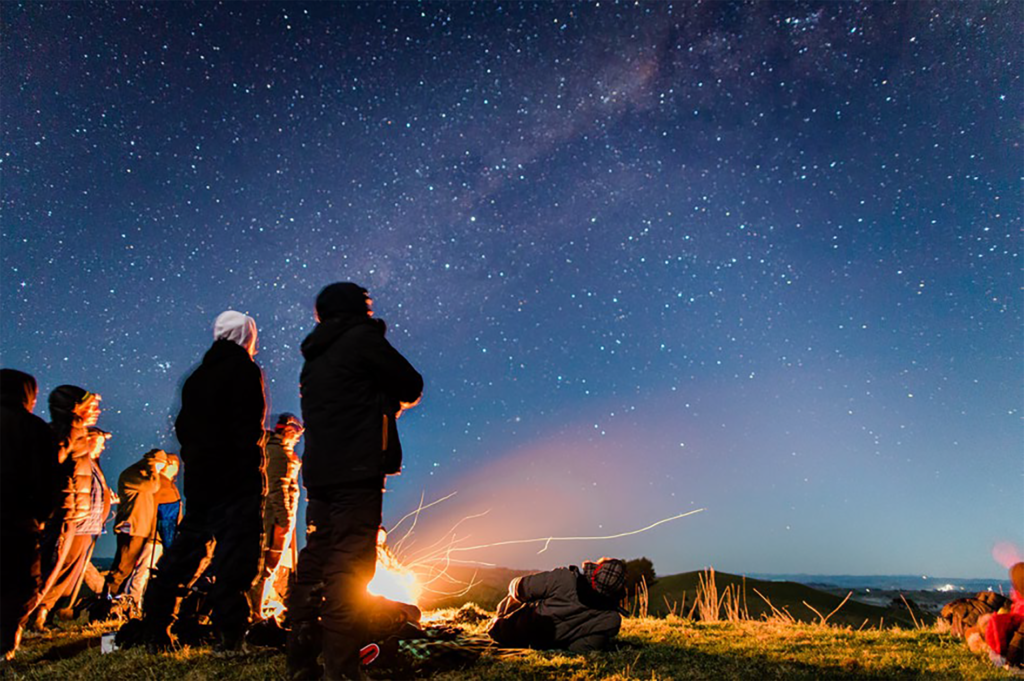Bob Marley & New Zealand: The Timeless Influence of Heart-Centred Activism
Waitangi Day (the 6th of February) marks the birthday of Bob Marley, one of the greatest musicians of all time. Remembered not only for his legendary singing and songwriting but also for his powerful political activism, he harnessed the power of music to deliver messages of peace, love, freedom, equality, and unity that continue to resonate with people to this day.
____
Marley’s Music: Activism with a positive vibration
Bob Marley used his music to inspire people to stand up to oppression. In today’s world, where techno-totalitarianism and media manipulation threaten to divide society and erode individual freedom, Marley’s message of universal love and unity is especially pertinent.
Marley was acutely aware of the power of media and its potential for manipulation and brainwashing. He criticised how the media can shape public opinion and control the masses. In his song “Zimbabwe,” Marley sang about the importance of standing up against the media man who has control. In “War,” he warned about the dangers of following false leaders and urged individuals to think critically and question authority.
Marley encouraged heart-centred rebellion, rejected ideological binaries and emphasised unity, a particularly relevant message in our current environment of division and influence that has arisen during the pandemic.
You can fool some people sometimes but you can’t fool all the people all the time.
Bob Marley
Inequality and the Power of Money
Marley also addressed the issue of inequality and the power of money in his music. He sang about the exploitation of one race by another in “Survival”, and about how this is often facilitated by economic colonisation through global financial institutions and monetary systems of oppression. Through “Redemption Song” he shares how we can only achieve true freedom and equality through self-awareness and a rejection of societal norms that support inequality and the concentration of wealth in the hands of a few. And in “Them Belly Full (But We Hungry)”, he sang about the poverty and hunger faced by many people, despite the abundance of wealth and resources in the world.
Marley criticised the political and economic systems that perpetuated inequality and poverty and warned against blindly accepting and supporting the status quo. This was the theme of his song “Babylon System”. By recognising how these systems work to control and manipulate individuals, Marley encouraged people to take a stand. The song’s lyrics highlight the divide-and-conquer tactics used to maintain power, calling for people to become conscious of these efforts, resist them and come together as one.
Influence in Aotearoa
Bob Marley and The Wailers have left an indelible mark on New Zealand’s culture and musical landscape. The legendary singer’s compilation album, “Legend,” has been a major commercial success, selling over 300,000 physical copies and ranking among the top-selling albums in the country, alongside iconic acts such as Abba and Dire Straits. Despite limited airplay of reggae music during the late 1970s, Marley was a beloved figure in suburban and rural areas, and his 1979 concert at Western Springs was a seminal moment in the country’s musical history. Marley’s visit to a marae in Auckland was a historic occasion, considered one of the greatest experiences of his life.
The recently release documentary on TVNZ When Bob Came sheds light on Marley’s impact on New Zealand’s youth and musicians, particularly among the Māori and Pasifika communities, during a period of political and social upheaval. The film features classic footage of journalist Dylan Taite’s interview with Marley, capturing a pivotal moment in the country’s history that was largely overlooked by the mainstream. Marley’s music served as the driving force behind the growth of roots and reggae music in New Zealand, paving the way for the emergence of hip-hop.
Marley’s legacy continues to shape the musical landscape of New Zealand, inspiring numerous contemporary artists such as L.A.B, Shapeshifter, Trinity Roots, Fat Freddy’s Drop, and SWIDT, among others.
Bob Marley’s message of love inspires people worldwide to stay strong and united to create a better and fairer future for all of humanity. He is celebrated as an authentic anti-establishment voice, articulating everyday experiences of oppression and offering a new countercultural aesthetic. By rejecting ideological binaries and emphasising unity, his music is a timeless and essential force for a positive vibration of activism that is of great value in Aotearoa and around the world. On his birthday, let us honour his legacy and integrate and amplify his message in our communities. Turn it up!
Make love and not war, ’cause we don’t need no trouble. What we need is love, to guide and protect us on.
Bob Marley
_________
TVNZ recently released a documentary series exploring the enduring cultural impact of Bob Marley’s one and only visit to Aotearoa in 1979, celebrating the enduring importance of his message and how his music shaped our nation. Click here to check it out.
Reggae, Roots and Dub culture will be alive at Earth Beat festival, held 22–26 March 2023, at Ātiu Creek Regional Park.
If you’d love to join us, you can take a look at our ticket options here.
(Reference: When Bob Came: TVNZ’s smartly put-together doco on Marley’s famous 1979 visit by Graeme Tuckett)



